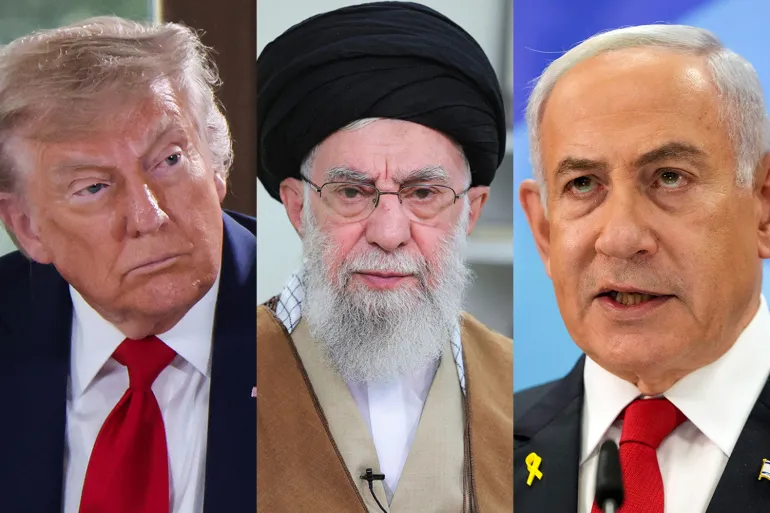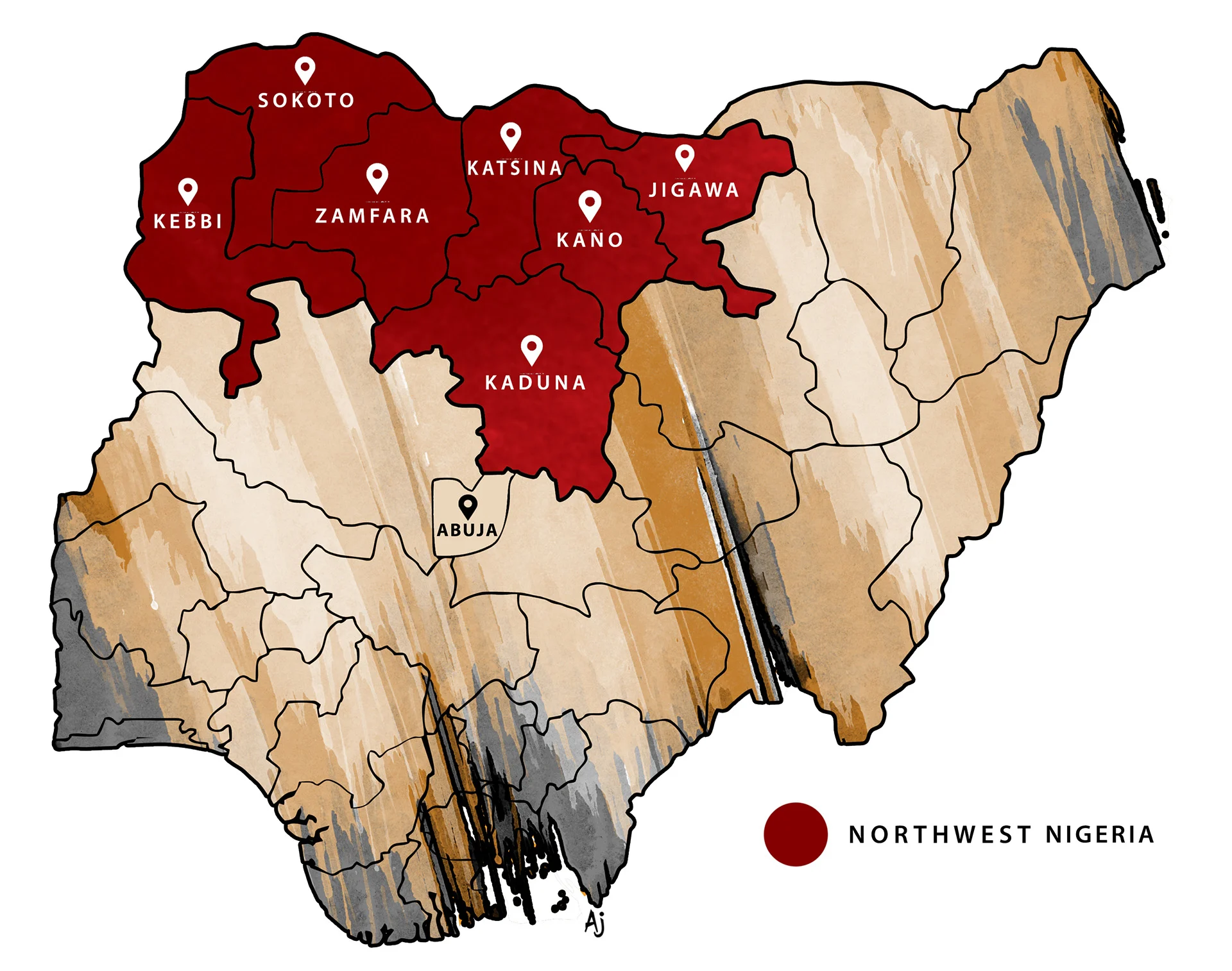President Donald Trump is weighing a possible U.S. military strike on Iran’s nuclear infrastructure as Israel intensifies its attacks and hostilities in the region enter their sixth consecutive day. The deliberation follows a high-level national security briefing on Tuesday, where the president reviewed strategic options with top defense and intelligence officials.
The U.S. president’s remarks mark a stark shift from earlier calls for diplomacy and restraint, raising concerns of direct American involvement in the Israel-Iran conflict. Despite advocating for a negotiated solution to curb Iran’s nuclear ambitions, Trump has expressed growing frustration over stalled diplomatic talks and what he views as Tehran’s defiance.
In a provocative post on his social media platform Tuesday, Trump directly threatened Iranian Supreme Leader Ali Khamenei, suggesting the U.S. was fully aware of his whereabouts. “He is an easy target, but is safe there,” Trump wrote, adding, “We are not going to take him out (kill!), at least not for now.”
He followed up with a one-line demand, “UNCONDITIONAL SURRENDER!” — a message that alarmed both allies and adversaries across the globe. Trump’s rhetoric reflects a hardening stance as Tehran continues its uranium enrichment activities, which Washington argues are a cover for nuclear weapons development.
Iran responded swiftly and defiantly on Wednesday, with Khamenei vowing that the Islamic Republic would never capitulate to American pressure. “Any form of U.S. military intervention will undoubtedly be met with irreparable harm,” he warned in a nationally broadcast statement.
“Wise people who know Iran, its people, and its history never speak to this nation in the language of threats, because Iranians are not those who surrender,” Khamenei added, invoking themes of national resilience and sovereignty.
The rising war rhetoric underscores the collapse of past diplomatic efforts, including the 2015 Iran nuclear deal that Trump withdrew from in 2018 during his first term. Since returning to office, Trump has attempted to renegotiate the accord, but talks have yielded no concrete results, further souring relations.
Israel’s ongoing airstrikes on Iranian positions have killed dozens and prompted retaliatory attacks by Tehran, escalating fears of a broader regional conflict. Analysts warn that U.S. entry into the fray could destabilize the Middle East and trigger oil price shocks, economic disruption, and potential cyber retaliation.
As tensions peak, global powers are urging de-escalation to avoid a catastrophic clash over Iran’s controversial nuclear program. However, Trump’s latest moves suggest Washington is inching closer to abandoning diplomatic channels in favor of direct military engagement.
The White House insists any intervention would aim to prevent Iran from obtaining a nuclear weapon — a position long held by both Republican and Democratic administrations. Iran, meanwhile, maintains that its nuclear activities are strictly peaceful, a claim U.S. intelligence agencies have repeatedly challenged.






















